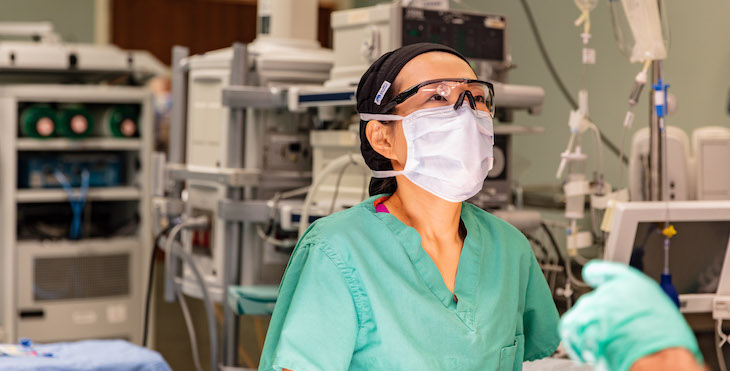- Joined
- Apr 12, 2020
- Messages
- 8
- Reaction score
- 2
I am currently a PGY-1 finishing an IM prelim year about to start DR residency in a few months and I have been having major regrets about my choice of specialty. I matched at a low tier radiology program which may be also contributing to my regret. I had strongly considered anesthesiology up until the point of applying, and now I really wish I had gone that route and thought more about some of the priorities which mattered most to me. I was dissuaded by the CRNA encroachment and surgeon envy, but that truly seems overblown after a few anesthesia rotations late in 4th year. Meanwhile, AI, falling reimbursements, and high burn out rates in rads seem more imminent.
The 6 years of a rads residency + fellowship all to enter an extremely tight job market which will likely force me out of my desired location just feels like an awfully impractical deal. My interest in the science of radiology hasn't diminished, but I did find other fields, including pharm and physio enjoyable in med school. I am doubting if it was the best option to do 2-3 years extra years (over IM, EM, FM, gas) to enter a shaky job market. I am strongly considering switching specialties to be able to stay in my desired geographic location (major city/ suburbs), finish residency faster, and get a better paying job.
As switching residencies is a risky and significant decision, I wanted to see if there are any last-minute ways to justify the near-NSG training length in the setting of declining reimbursement, aside from my strong interest in the field? What is the reality of the current job market for new grads? Is it really a wise practical decision to enter radiology at this time?
The 6 years of a rads residency + fellowship all to enter an extremely tight job market which will likely force me out of my desired location just feels like an awfully impractical deal. My interest in the science of radiology hasn't diminished, but I did find other fields, including pharm and physio enjoyable in med school. I am doubting if it was the best option to do 2-3 years extra years (over IM, EM, FM, gas) to enter a shaky job market. I am strongly considering switching specialties to be able to stay in my desired geographic location (major city/ suburbs), finish residency faster, and get a better paying job.
As switching residencies is a risky and significant decision, I wanted to see if there are any last-minute ways to justify the near-NSG training length in the setting of declining reimbursement, aside from my strong interest in the field? What is the reality of the current job market for new grads? Is it really a wise practical decision to enter radiology at this time?
Last edited:

